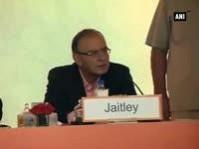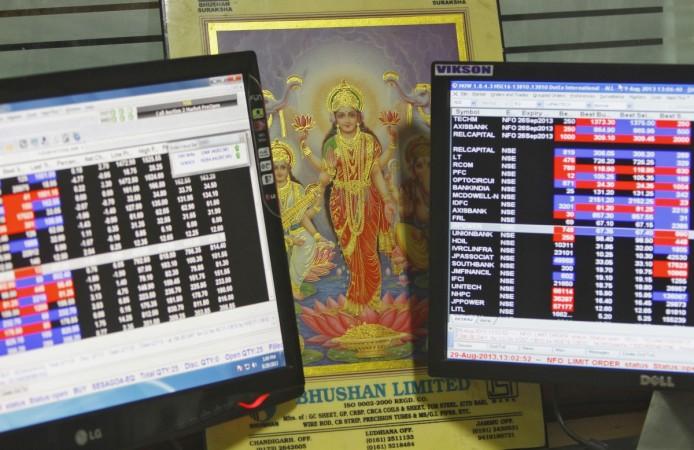India's Finance Minister Arun Jaitley's Budget FY15/16 will reflect the $12bn windfall, fuelled by the drop in oil prices by almost half.

The savings are expected from the reduced fuel subsidy costs, increased levies in key petroleum products; and a finance ministry proposal to reintroduce import duties on crude oil, which was in vogue until 2011, says a Reuters report.
The government is likely to realise all gains for itself, helping Jaitley reach the borrowing target, while the savings is unlikely to fuel a spending spree by the world's second-most populous nation.
India is the world's third-largest importer of crude at four million barrels of oil a day, expected to cost the country an outgo of $88bn for the fiscal year ending March 2015; against a budgeted price of $105 a barrel.
For Fiscal 2015/16, architects of Jaitley's budget proposal are reckoning oil prices to average $65-$70, helping Asia's third-largest economy to see its import bill cut by $18bn, or 0.9% of the GDP.
A few senior finance ministry officials have confirmed the developments to Reuters.
Estimates suggest an overall fiscal boost to be 750bn ($12bn), with about 400bn, to come from the oil subsidy savings.
Diesel prices was deregulated by the Narendra Modi government; the oil burner accounts for 40% of overall refined fuels consumption.
The fall in prices has helped the government raise factory gate duties twice in November, expected to benefit to the tune of $1.6bn for the current fiscal and almost $5bn for the next year. However, the common man has not benefited from the savings.
With a return to profitability, state-owned oil companies could contribute another $1bn in dividends.

If the proposal to impose import duty receives cabinet approval, it would rake in about $4bn, taking the potential savings to over $16bn.
The current fiscal deficit of 4.1% is being a hard match for Finance Minister Jaitley. He expects the deficit to drop to 3.6% for the next fiscal and to 3% for 2016/17.
However, the common man continues to be worried about inflation, and is yet to open the purse strings, allowing a wide consumption drive to take over. Any boost to the household consumption is expected to be limited.
The RBI has indicated that a rate cut could be in the offing in early 2015, which by itself would see a robust spike in economic activity.

















